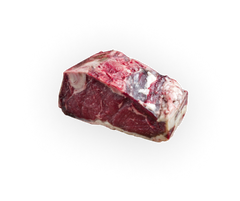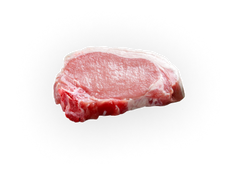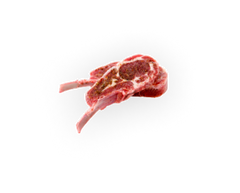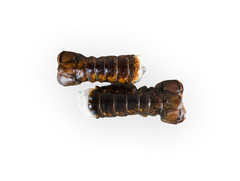Are you trying to keep healthy by doing any of the following:
- Get regular check-ups
- You pay attention to what you are putting in your body
- You specifically seek out meat that isn’t loaded with added hormones and antibiotics
- You exercise regularly.
Well, if you haven't added eating seafood twice per week into your anti aging/health regimen, you’re seriously missing out on some of the most needed nutrient!
There is nothing fishy about the data: in a 22-year observational study, 89% of the participants experienced unhealthy aging, while 11% experienced healthy ageing. The difference? Fish!
Those healthier participants had higher levels of omega-3s from fish – reducing the risk of chronic disease and serious mental, or physical issues, by 24%!
What Are Omega-3 fatty Acids & Why You Should Care
Omega-3 Fatty Acides Explained
Omega-3 fatty acids are found in every single cell membrane in your body. These critical compounds can:
- Reduce blood clots
- Reduce blood pressure and inflammation
- Prevent muscle and bone loss
- Reduce symptoms of arthritis
- Protect skin against UV rays
- Boost cognitive function
- Boost resting and exercise metabolic rate
What Does Eating Fish Have To Do With Omega-3s?
Our bodies do not produce enough mega-3s naturally, so we have to get our fix through food. Well, guess what is naturally high in omega-3s? Seafood!
Sure, there are omega-3 supplements, but research shows that there is no real benefit to taking these pills – simply eating seafood is your best bet to get your omega-3 intake.
What Is The Best Seafood To Eat
Salmon
Salmon has some of the highest levels of omega-3s. It also happens to have almost as much potassium as a banana and is loaded with B vitamins and protein. Overall, salmon is basically a superfood. Make sure to look for true wild-caught salmon to maximize both nutritional benefit and taste.
Halibut
Suffering from fatigue (who isn’t!)? You need more halibut in your diet. The high levels of phosphorus it contains helps regulate metabolism and heart function – in fact, one serving of halibut has 45% of your dietary phosphorous needs. Wild-caught is best.
Shrimp
Shrimp doesn’t skimp on nutrients. The high levels of phosphorous and vitamin D (which 41.6% of the US population is deficient in!) make it great for bone strength. It is also full of valuable antioxidants. Look for organic, chemical-free shrimp to avoid consuming sodium bisulfate and sodium tripolyphosphate along with those healthy nutrients.
Adding more delicious, sustainably sourced seafood to your diet really isn’t a hardship. Enjoying the full flavours of fish AND reaping the anti-aging health benefits? That’s a no-brainer.
Order Premium Seafood For Your Diet
Are you ready to add healthy and delicious seafood into your diet? Don't wait, shop our sustainably sourced, wild caught seafood now!










